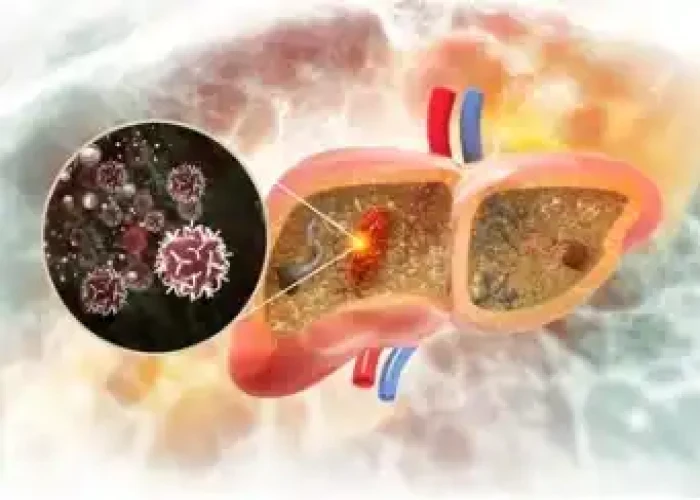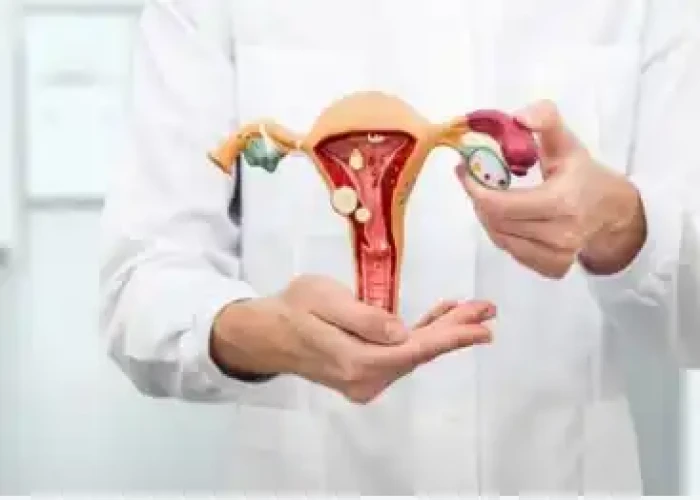 Welcome
Welcome
“May all be happy, may all be healed, may all be at peace and may no one ever suffer."
- A
- B
- C
- D
- E
- F
- G
- H
- I
- J
- K
- L
- M
- N
- O
- P
- Q
- R
- S
- T
- U
- V
- W
- X
- Y
- Z
Urinary stones - Yoga remedies
Urinary stones, also known as kidney stones or renal calculi, are hard deposits that form in the urinary tract. They are made up of minerals and salts that accumulate and form into small, hard stones.
Symptoms of urinary stones include pain in the lower back or sides, pain during urination, blood in the urine, and frequent urination. In some cases, small stones may pass out of the body on their own, while larger stones may require medical intervention.
Treatment options for urinary stones depend on the size and location of the stone. In some cases, drinking plenty of water and taking pain relievers may be enough to help pass the stone. Other options include using ultrasound waves to break up the stone, or undergoing surgery to remove it.
Prevention measures for urinary stones include drinking plenty of water, avoiding foods high in oxalate (such as chocolate and nuts), and limiting salt and animal protein intake.
Urinary stones can be a painful and uncomfortable condition, but with proper treatment and prevention measures, they can be effectively managed.

Insanity

Edema

Liver and spleen problems

Fainting and hysteria

Uterine displacement

Tonsils

Burnt

Depression
Urinary stones, মূত্রপাথুরী
To be happy, beautiful, healthy, wealthy, hale and long-lived stay with DM3S.